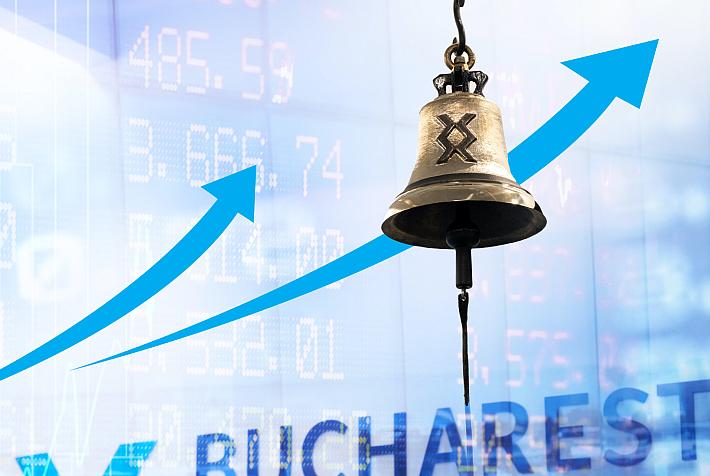World Bank revises 2012 growth expectations in Romania down to 1.2 percent
 Another report and another lower growth forecast for Romania. The World Bank is the latest institution to give a 1.2 percent GDP growth prediction in 2012, lower than the International Monetary Fund's (IMF) 1.5 percent.
Another report and another lower growth forecast for Romania. The World Bank is the latest institution to give a 1.2 percent GDP growth prediction in 2012, lower than the International Monetary Fund's (IMF) 1.5 percent.
The European Bank for Reconstruction and Development (EBRD) also recently predicted 1.2 percent growth in Romania this year. In addition, the report revises the projection for 2013 down to 2.8 percent from 3 percent, while growth is expected to pick up in 2014 to 3.4 percent. The World Bank also recently approved a EUR 1 billion loan for Romania.
Overall, the World Bank's Global Prospects report predicts volatility and, like many others, highlights eurozone uncertainty as a key factor in both the regional and global economies. “The resurgence of tensions in the Euro Area is a reminder that the after effects of the 2008/09 crisis have not yet played out fully,” reads the report. Again there is the suggestion that the road to economic good times will be long, and probably hard.
“Financial market uncertainty and fiscal consolidation associated with the high deficits and debt levels of high-income countries are likely to be recurring sources of volatility for the foreseeable future as it will take years of concerted political and economic effort before debt to GDP levels of the United States, Japan and many Euro Area countries are brought down to sustainable levels.”
Although difficulties in returning to growth have been found more in the world's richer nations, the emerging economies, many of which have recorded rapid growth, are seeing a slow down. Economic growth is still predicted, but at a lower rate. Turkey is a good example, after posting an 8.5 percent increase in GDP last year, 2012 growth is forecast at 2.9 percent.
Globally, the World Bank predicts 2.5 percent growth for 2012, before picking up slightly through 2013 and 2014 to 3 and 3.3 percent respectively. The same trend will be followed by high income countries and developing countries, but with far more growth in the emerging economies: 5.3 percent 2012 GDP increase in developing countries against 1.4 percent in high income countries. Sluggish performance in high income countries will also act as a brake on the world's emerging economies. The eurozone's economy will be the World's worst performer in 2012 and beyond.
It is the only area expected to be in recession in 2012, with a 0.3 percent contraction on the cards this year and although a return to growth is expected in the next few years, the rate will be low – 0.7 percent in 2013 and 1.4 percent in 2014. The World Bank views a steady pick up in the global economy in the coming years as the most likely scenario, but does not rule out another crisis and rather worryingly suggests that emerging economies would be less able to bounce back than after the 2008/9 crisis.
Liam Lever, liam@romania-insider.com











